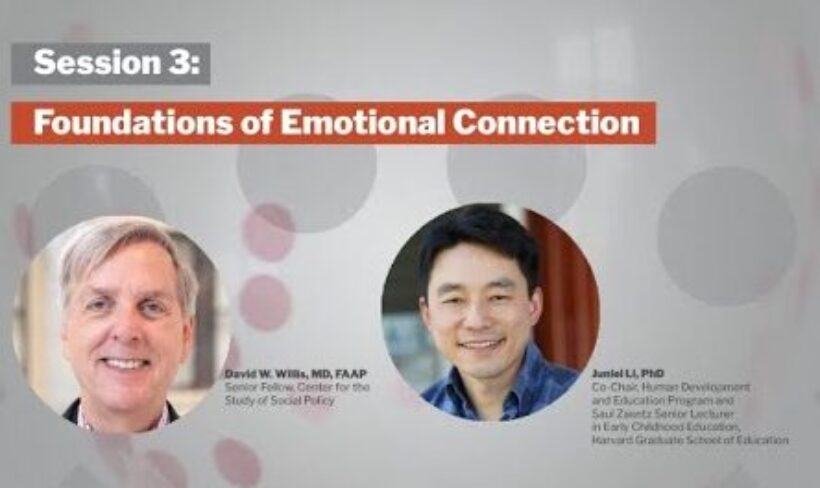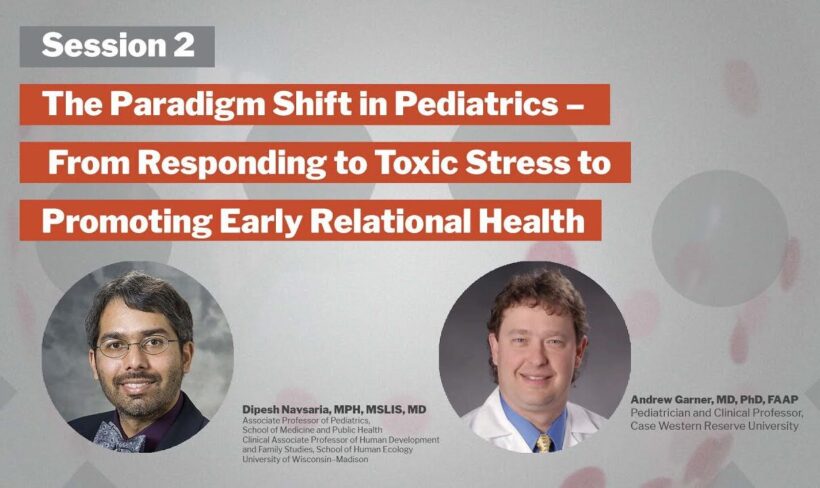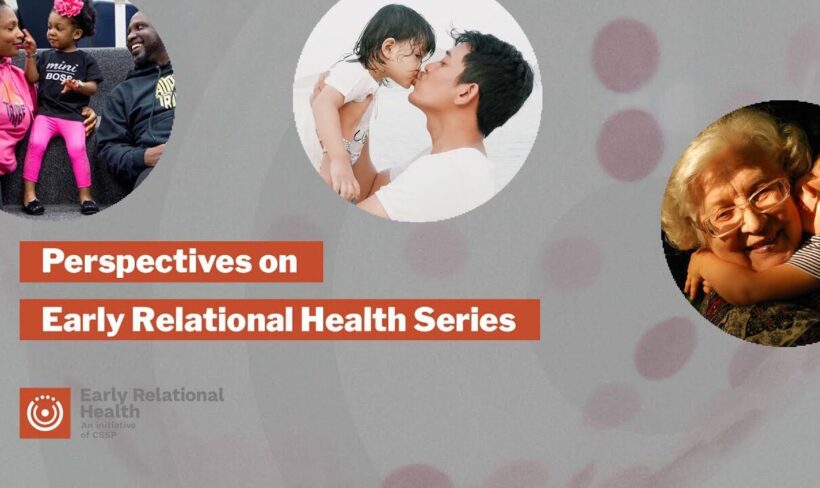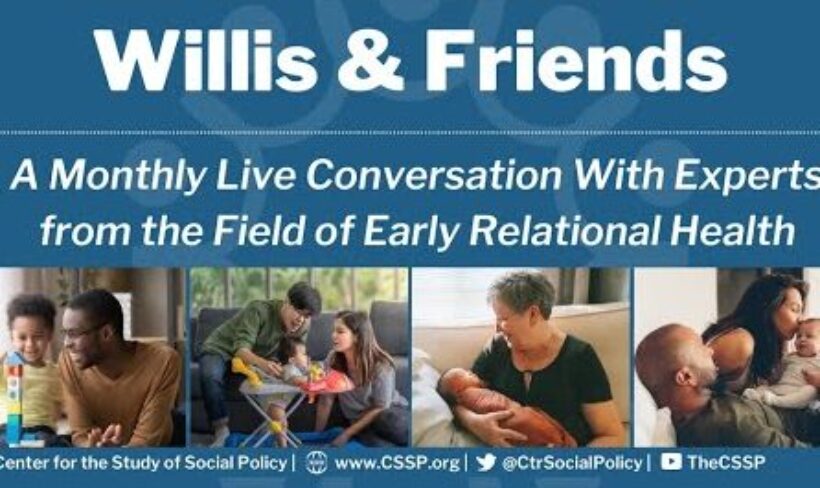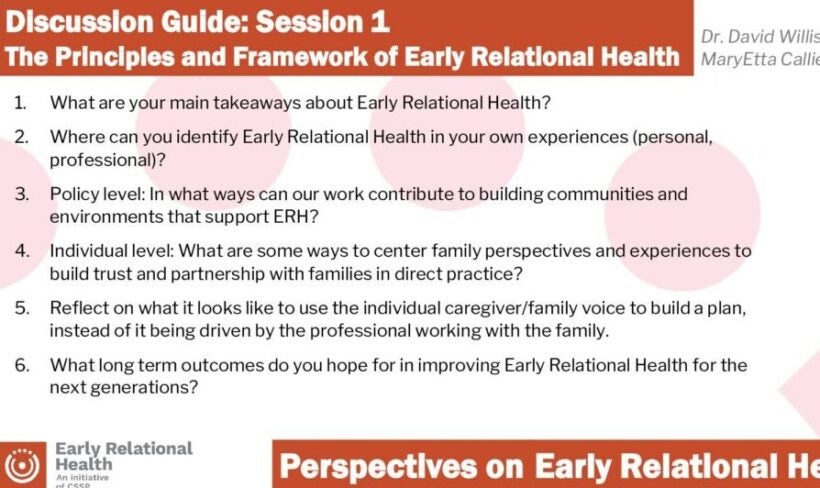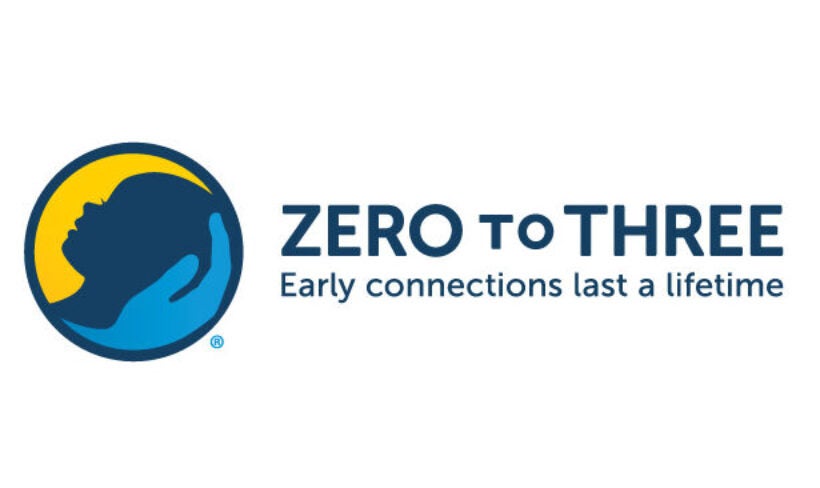In the third session, David Willis, MD, speaks with Dr. Junlei Li about the mutuality, or bi-directionality, of early relationships and what these healthy early relationships can look like across cultures and contexts.
Resources
Featured Resources
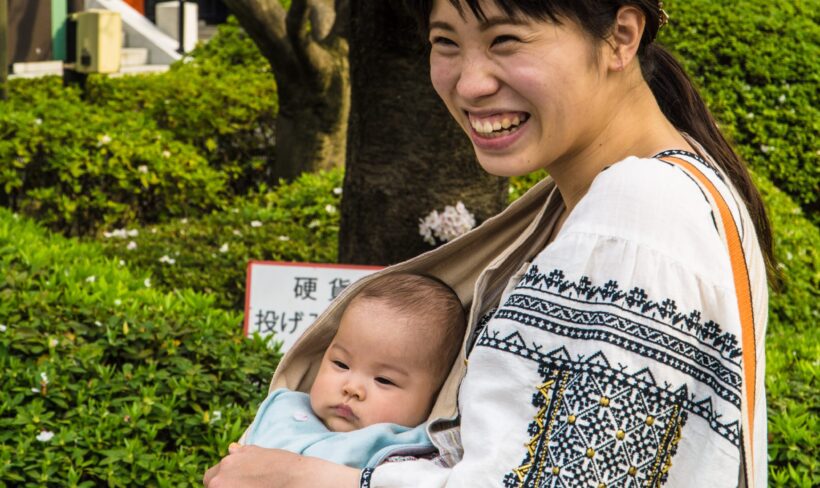
Early Relational Health: Innovations in child health for promotion, screening, and research
Relational experiences during infancy and early childhood are key drivers for building health, social emotional development, and learning capacities, each vital for wellbeing. The U.S. child health sectors share a commitment to universal health promotion, prevention and early intervention, and a growing enthusiasm for the research-affirmed primacy of caregiver-child interactions during the critical first 1000 days of life.
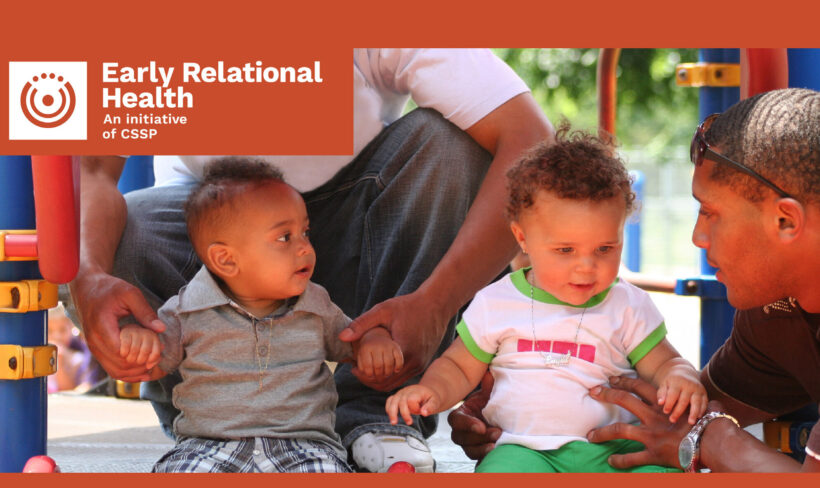
Policy Change to Promote Early Relational Health
The early and foundational relationships that babies and toddlers experience with their parents shape the health and well-being of two generations. This brief highlights opportunities to promote early relational health with policy change and investments, including with existing programs, pandemic funding, and pending legislation in Congress.

Building relationships: Framing Early Relational Health
This strategic brief, produced in collaboration with the FrameWorks Institute, offers a comprehensive framing strategy to help shift public attention to and understanding about Early Relational Health.
Browse All Resources
In the second session, Dipesh Navsaria, MD, and Andy Garner, MD discuss the essential role providers play in supporting Early Relational Health and how they can pivot from a deficit framework to a strengths-based approach to support families in developing healthy early relationships.
Early Relational Health e-Newsletter.
In the first session, David Willis, MD, is in conversation with MaryEtta Callier-Wells, about why Early Relational Health is essential to child and family well-being and what parents are telling us about the importance of creating and nurturing healthy early relationships.
In this introductory video, David Willis, MD, Senior Fellow at the Center for the Study of Social Policy (CSSP), shares why CSSP has developed this video series to share the critical and timely discussions about the fundamental importance of safe, stable, and nurturing relationships for the healthy development of all infants, young children, and their caregivers.
The 9th edition of the Willis & Friends series explored the attachment infants and young children have to toys. Speakers examined preliminary findings from infant-parent research, lived experiences, and the shared emotional experiences from within the Latinx, Asian, and Black communities.
The Center for the Study of Social Policy’s National ERH Coordinating Hub works toward health system and community transformation by harnessing networks of stakeholders, families, and professional leaders.
Early Relational Health e-Newsletter.

Join the Nurture Connection Movement
Community by community, we are building a networked and engaged movement in partnership with parents and families.
Through our collective commitment and effort, we can make sure that every child is cared for and valued, every family is supported and heard, and every community is made stronger through positive and enduring emotional connection.
